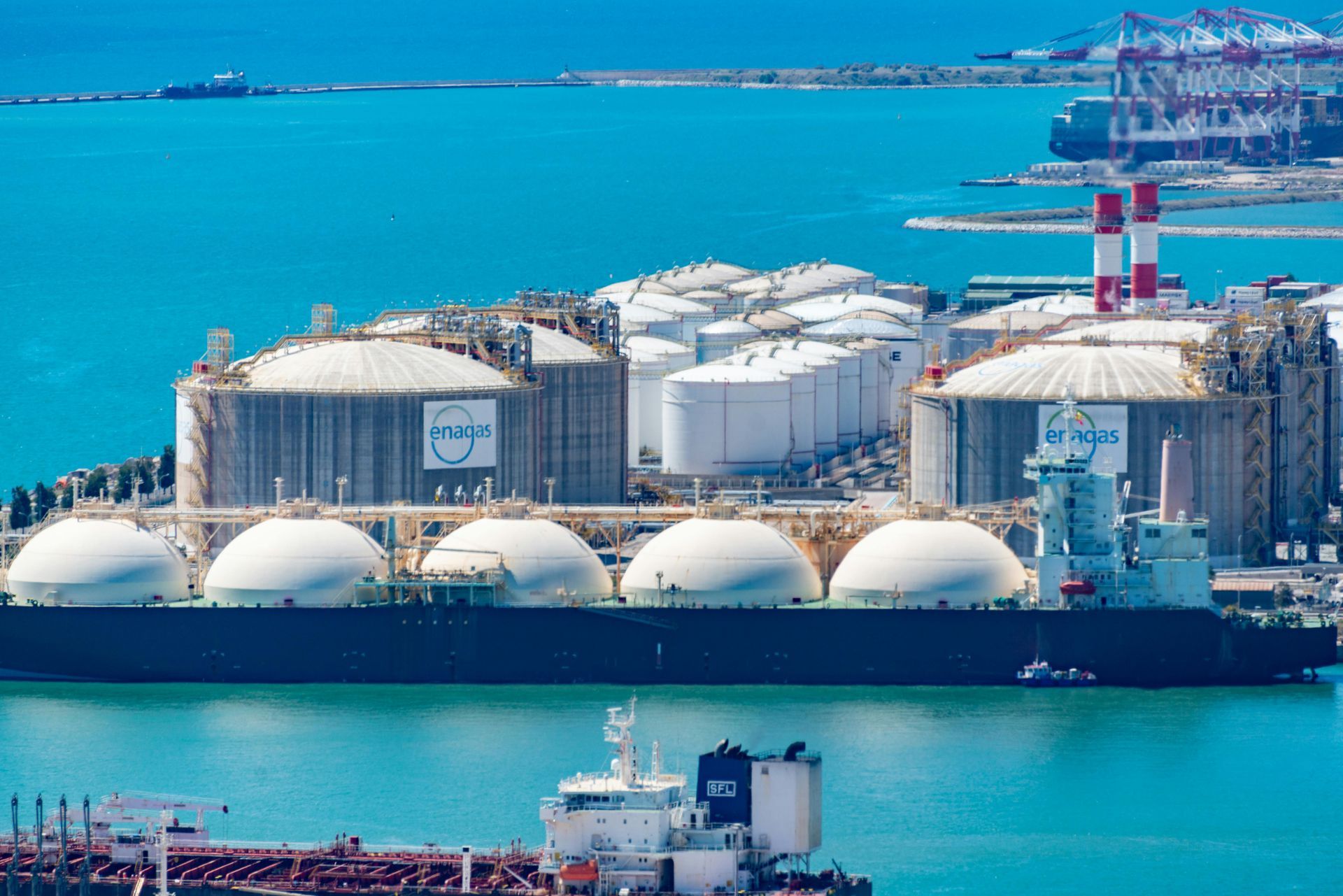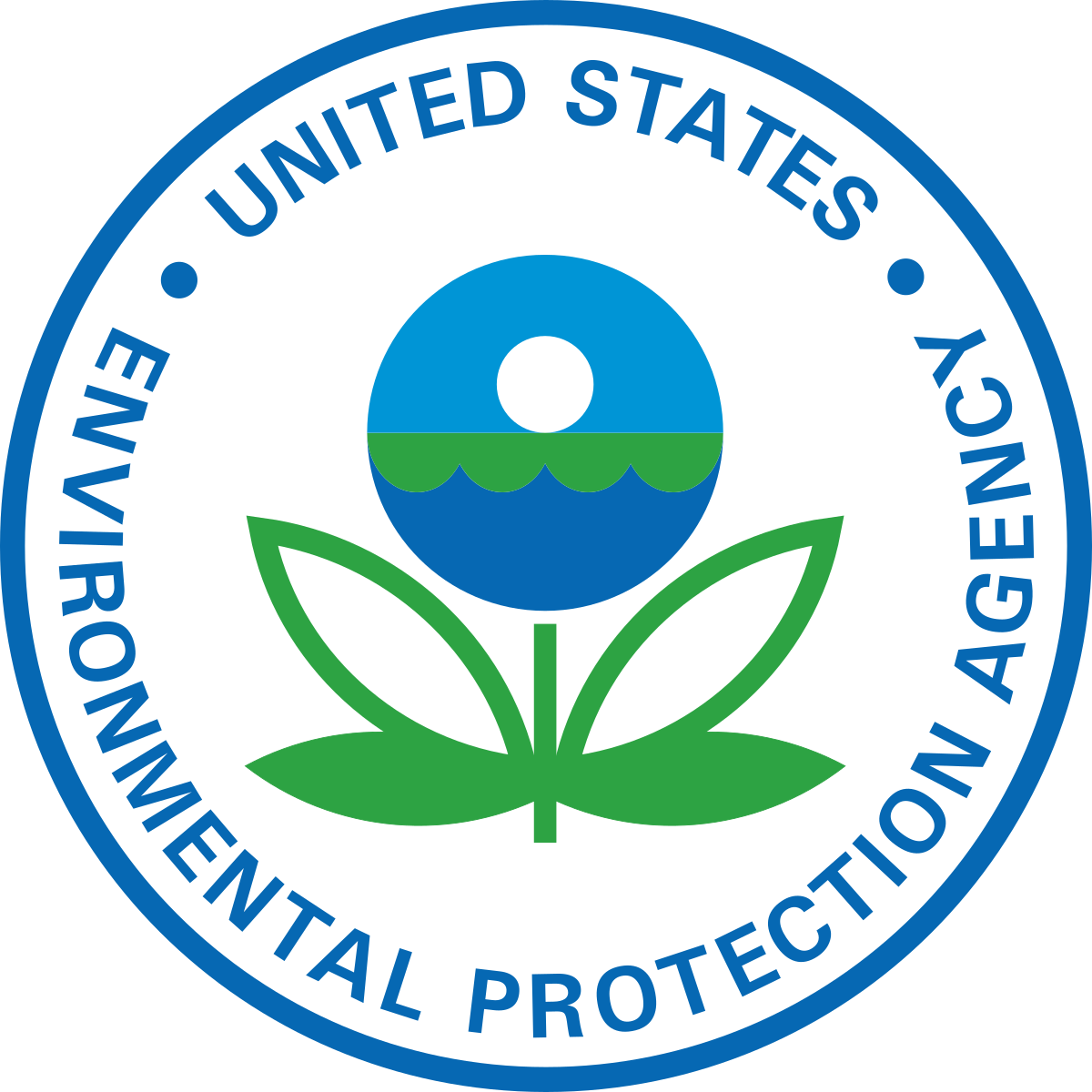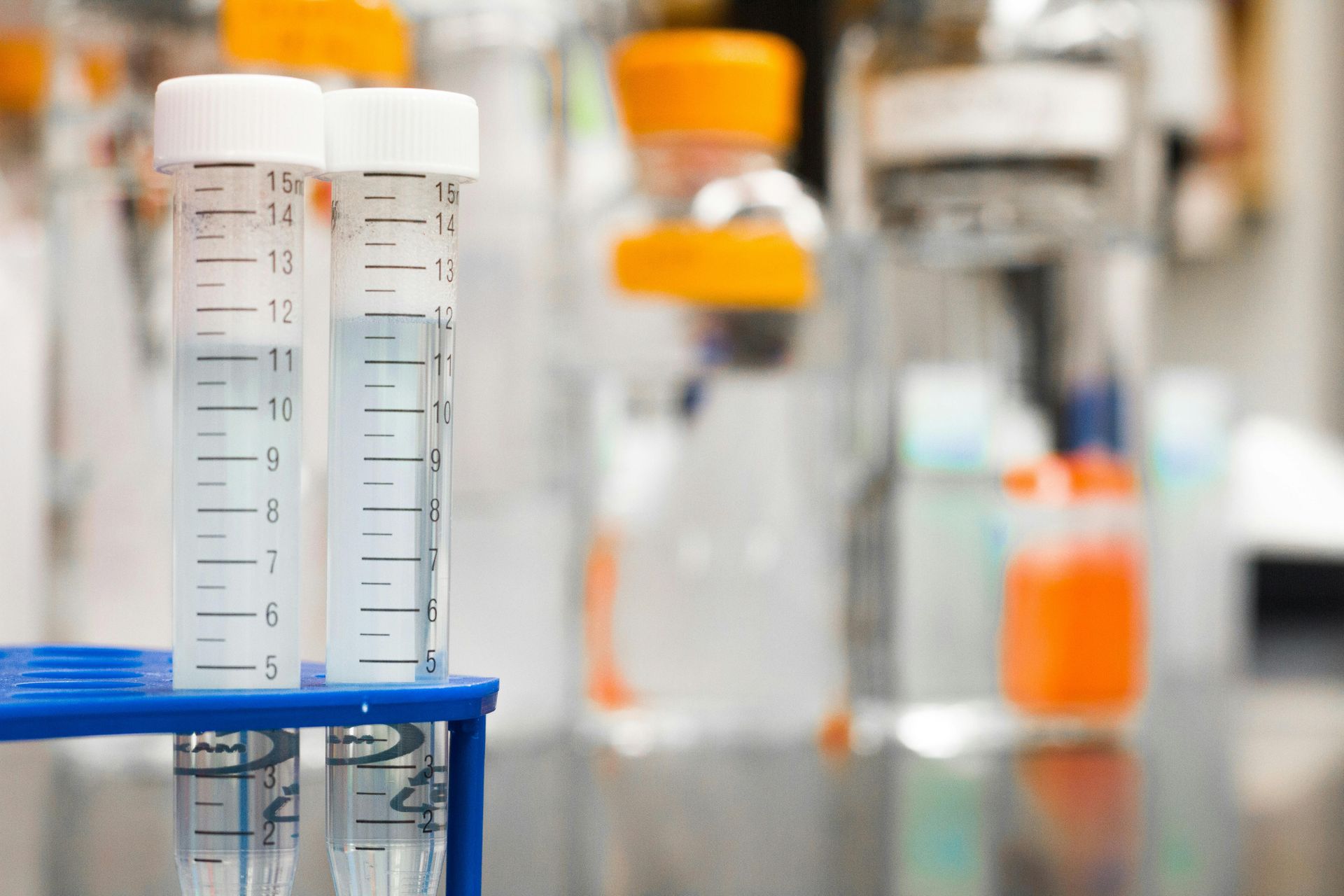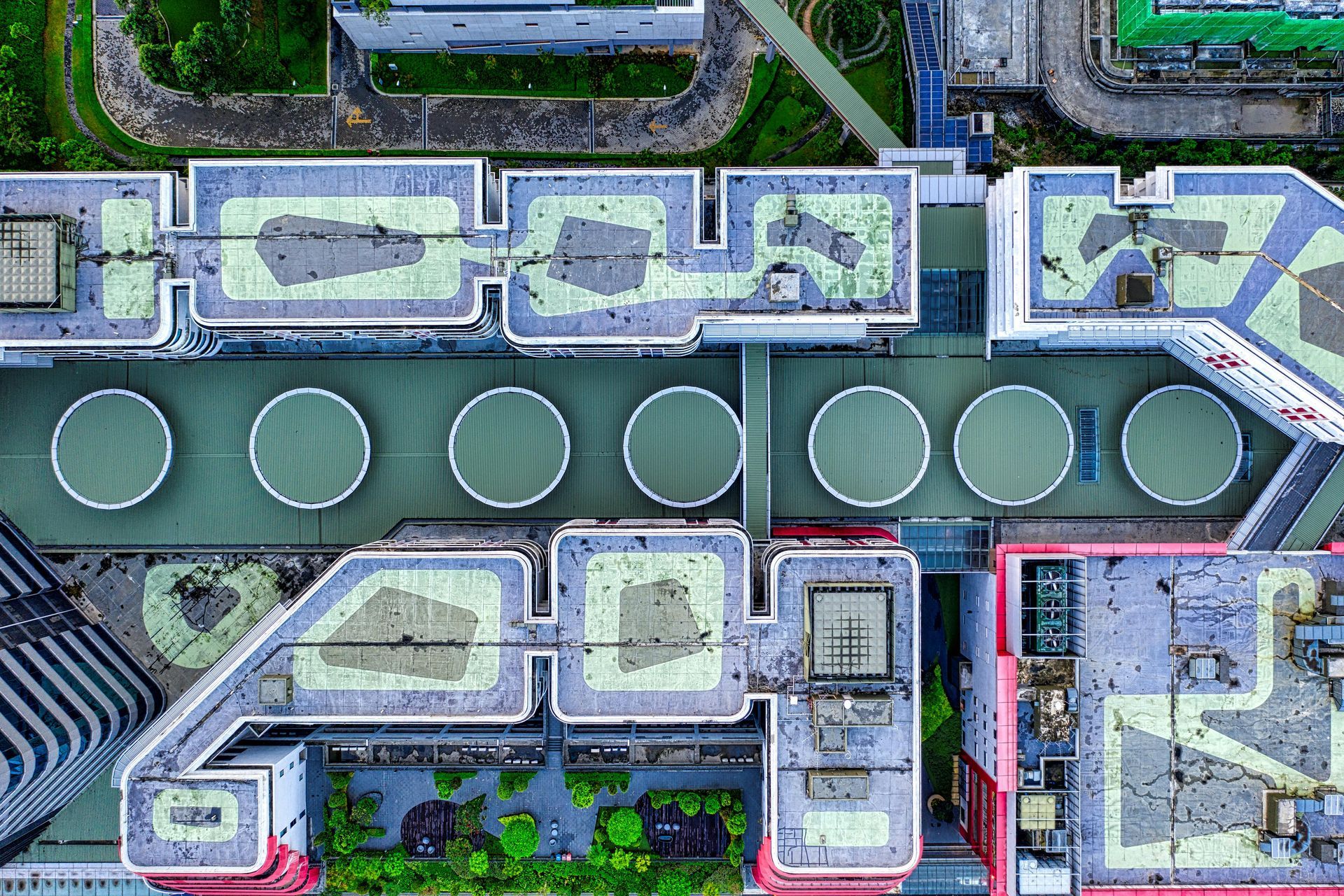DOE Funding Will Support Growing Electric Vehicle and Energy Storage Demands Through Increased Battery Manufacturing, Processing, and Recycling
WASHINGTON, D.C. — The U.S. Department of Energy (DOE) today announced $3.1 billion in funding from President Biden’s Bipartisan Infrastructure Law to make more batteries and components in America, bolster domestic supply chains, create good-paying jobs, and help lower costs for families. The infrastructure investments will support the creation of new, retrofitted, and expanded commercial facilities as well as manufacturing demonstrations and battery recycling. DOE is also announcing a separate $60 million to support second-life applications for batteries once used to power EVs, as well as new processes for recycling materials back into the battery supply chain. Both funding opportunities are key components of the Administration’s whole-of-government supply chain strategy to strengthen America’s energy independence to reduce our reliance on competing nations and support the President’s goal to have electric vehicles make up half of all vehicles sales in America by 2030.
“Positioning the United States front and center in meeting the growing demand for advanced batteries is how we boost our competitiveness and electrify our transportation system,” said U.S. Secretary of Energy Jennifer M. Granholm. “President Biden’s historic investment in battery production and recycling will give our domestic supply chain the jolt it needs to become more secure and less reliant on other nations—strengthening our clean energy economy, creating good paying jobs, and decarbonizing the transportation sector.”
With the global lithium-ion battery market expected to grow rapidly over the next decade, DOE is working with industry to prepare the United States for increased market demand. As of the end of March 2022, more than 2.5 million plug-in electric vehicles have been sold in America, with more than 800,000 of those having been sold since President Biden took office. Battery costs have fallen more than 90% and since 2008, and energy density and performance have increased rapidly, paving the way for an accelerated transition to zero-emission vehicles. Responsible and sustainable domestic sourcing of the critical materials used to make lithium-ion batteries—such as lithium, cobalt, nickel, and graphite—will help avoid or mitigate supply chain disruptions and accelerate battery production in America to meet this demand and support the adoption of electric vehicles.
“For too long, other countries have been outpacing the United States in funding new technologies. We are at a critical moment in our competition to build the next generation of electric vehicles and batteries here in America and to secure Michigan’s automotive leadership in these next generation vehicles. Thanks to our bipartisan efforts in Congress, and with the President’s leadership, this funding will help us win this race by investing in our supply chain and manufacturing here at home. Our workers are the best in the world, and there’s nothing more American than ensuring that our products and technology are built in America,” said Senator Debbie Stabenow (MI).
“I secured provisions in the Bipartisan Infrastructure Law to support the domestic critical mineral supply chain used in battery production,” said U.S. Senator Catherine Cortez Masto (NV). “Nevada’s innovation economy is at the forefront of battery manufacturing and recycling, and the infrastructure law could bring vital new investments to the state. These grants to grow U.S. battery manufacturing are going to create good-paying jobs, spur our economic competitiveness, and help us combat the climate crisis. I appreciate Secretary Granholm and the dedicated staff of the Department of Energy for advancing this priority in timely manner.”
“The future of mobility is electric – and this support could help to ensure Michigan remains on the forefront of innovation by shoring up our supply chains for advanced battery technologies necessary to deploy the next all-electric fleet,” said U.S. Senator Gary Peters (MI). “I was proud to help secure this funding through the Bipartisan Infrastructure Law to lessen our dependence on foreign producers like the Chinese government for these critical technologies – and help our automakers meet the growing demand for cleaner, safer cars.”
“Establishing a new generation of mobility in this country requires bringing our supply chain home, investing in domestic production of minerals and materials for electric vehicle batteries, and creating good-paying, union jobs here in Michigan and the United States,” said U.S Representative Debbie Dingell (MI-12). “Today’s announcement utilizing funding provided by my battery material legislation enacted under the IIJA demonstrates the Biden Administrations commitment to making good on our promise of ensuring half of all auto sales are electric vehicles by 2030. We have a lot of work to do to meet that goal, but today marks an important milestone in our efforts. In the days and weeks ahead, I will continue to bring labor, environmental advocates, industry leaders, and elected officials together to move us forward.”
“The 13th Congressional District is home to many frontline communities that have already seen the devastating impacts of climate change which underline the urgent need for a just and equitable energy transition,” said U.S. Representative Rashida Tlaib (MI-13). “I am thankful to Secretary Granholm and the Department of Energy for visiting our communities and investing in the future with the announcement of funding to increase battery production. This type of funding is what we need to ensure that a green future is accessible to all. I look forward to continuing to work with the DOE to ensure we rapidly deliver clean, renewable energy and a livable planet for generations to come.”
The “Battery Materials Processing and Battery Manufacturing” and “Electric Drive Vehicle Battery Recycling and Second Life Applications” funding opportunities are aligned with the National Blueprint for Lithium Batteries, authored by the Federal Consortium for Advanced Batteries, and led by DOE and the Departments of Defense, Commerce, and State. The blueprint details a path to bolstering the domestic battery supply by equitably creating a robust and diverse battery workforce by 2030. In alignment with President Biden’s Justice40 initiative, establishing a goal that 40% of the benefits of Federal investments in climate and clean energy flow to disadvantaged communities, applicants for new funding opportunities will be prompted to consider how project benefits can flow to relevant disadvantaged communities. DOE’s Office of Economic Impact and Diversity today issued a letter to Americans that reiterates this mandate as a priority for President Biden’s Administration.
Strengthening America’s Supply Chains
In response to President Biden’s Executive Order on America’s Supply Chains, DOE issued a 100-day review of the large capacity battery supply chain which recommended establishing domestic production and processing capabilities for critical materials to support a fully domestic end-to-end battery supply chain, as well as investments in battery recycling and the circular economy to increase domestic supply and reduce the future need for new extraction and raw materials.
The Bipartisan Infrastructure Law directs more than $7 billion to strengthen the U.S. battery supply chain, which includes producing and recycling critical minerals without new extraction or mining and sourcing materials for domestic manufacturing. The funding opportunities mark the first to be released as a collaboration between DOE's Office of Energy Efficiency and Renewable Energy and the new Office of Manufacturing and Supply Chains, created by DOE’s organizational realignment to ensure that the Department has the structure needed to effectively implement the clean energy investments in the Bipartisan Infrastructure Law and the Energy Act of 2020. The Bipartisan Infrastructure Law also includes $7.5 billion for electric vehicle chargers, $5 billion for electric transit buses, and $5 billion for clean and electric school buses.









